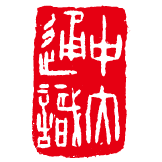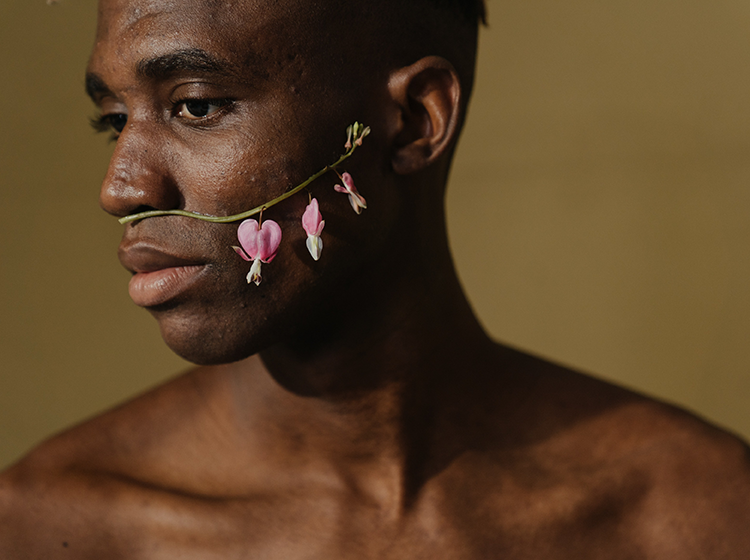UGEC3229 Understanding Masculinities and Social Change
Time
Lecture: Tuesdays 03:30 a.m. – 05:15 p.m.
Tutorial: Tuesdays 05:30 p.m. – 06:15 p.m.
Instructor
Dr. WONG Yuk Ying
Course Description
(UGEC3229 is double-coded with GDRS3007.)
This course examines men’s diverse experiences as boys/men and public discourses and practices about masculinities. It will focus on how the gendered social order influences men’s actions and the way men perceive themselves, other men, women, and social situations. It will pay special attention to the exploration of the relationships between multiple dimensions of social relations and inequalities including gender, race/ethnicity, class, and sexual orientation. It will address issues such as: male socialization, boyhood culture, male body images, male friendship, male sexuality and fertility, men’s experiences as fathers, male aggression and violence, men’s commitments to sports and work, and media representations of boys and men in contemporary culture. It will also explore female masculinities and queer masculinities and to what extent they post challenges to hegemonic masculinity. Students will be introduced to the latest developments and their global networks, and to evaluate the prospects for social change in how men may think, feel, and act otherwise.
The course resonates with the Sustainable Development Goals (SDGs) adopted by all United Nations Member States in 2015 by engaging directly with the SDGs 5 (Gender Equality) and 10 (Reduced Inequalities), and 16 (Peace, Justice and Strong Institutions) through critical engagement with different discourses and phenomenon related to masculinities.
Learning Outcome
- Students are expected to be able to debunk how sexualities and intimacies are shaped by larger social forces and therefore socially constructed.
- Students are expected to be able to analyze the social and historical development of LGBTQI+ identities and communities.
- Students are expected to gain an understanding of LGBTQI+ lives in contemporary societies from empirical examples in diverse spheres of life.
- Students are expected to be able to critically examine how sexualities intersect with other social categories, such as race, ethnicity, class, age and disability.
- Students are expected to critically assess social messages regarding sexualities and intimacies and question the extent to which they themselves agree or disagree with the conventional ‘definitions’ and ‘norms’ in society.
- Students are expected to be able to explore and assess different practice, policy and legal options that are related to LGBTQI+ people’s lives.





